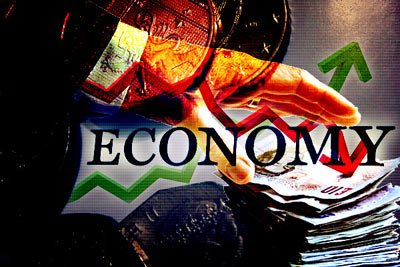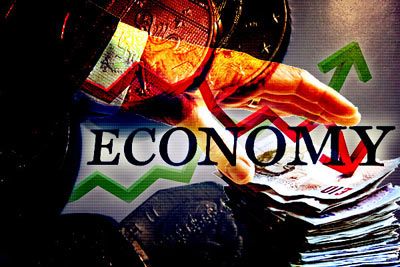WILL FEDERAL STIMULUS EASING LEAD TO MORE HARD TIMES
Published by Gbaf News
Posted on February 27, 2014
3 min readLast updated: January 22, 2026

Published by Gbaf News
Posted on February 27, 2014
3 min readLast updated: January 22, 2026

In 2008, we started to watch as the world economy seemed to fall apart. After losing jobs, spending life savings, and struggling to make ends meet, the economy seemed to get better. Although things seemed to get better, a lot of what we saw was fluff provided by a Federal stimulus program. Under this program, the Federal Reserved purchased bonds in an effort to flood the market with capital for lending that would boost the economy. Recently, the Federal Reserve has started easing the bond buying program. This has led to concern that the World Bank will be speaking about at the G20 Summit.

Will Federal Stimulus Easing Lead To More Hard Times
What’s The Big Concern?
In a statement about their concerns, the World Bank said the following…
“Should global financial conditions tighten rapidly and international finance become scarcer, heavily indebted emerging economies may come under renewed risk of sudden capital flow stops,”
G20 emerging market officials and the World Bank believe that the Federal Reserve’s easing of their bond buying program will reverse the growth we’ve seen in emerging markets. So, at emerging market meetings, their goal will be to press new Federal Chairwoman, Janet Yellen to either slow the easing of the bond buying program; or communicate more clearly with regard to strategy of the easing.
US Officials Don’t Seem To Be Changing Their Minds
In the eyes of Federal Reserve officials in the US, emerging market issues are not a result of bond buying programs being eased; the issues are the result of political turmoil and economic weakness. The Feds have explained that from the beginning this extraordinary monetary policy was never meant to be long term. They’ve been incredibly clear that the bond buying program would eventually need to wind down. They also stand by their belief that they’ve given emerging markets plenty of time to plan for the easing of the program.
In a statement at an Institute of International Finance Conference, U.S. Treasury Secretary, Jacob Lew said the following…
“Emerging markets need to take steps on their own to put their fiscal house in order, to put structural reforms in place…We’re seeing substantial differentiation in the market place between economies that have made those decisions and the economies that haven’t”
Regardless Of the Fed’s Views the World Bank Sends Warnings
Regardless of the Federal Reserve’s views on the matter, the World Bank is warning that if the Fed were to pull the bond buying program before the beginning of the year, interest rates could rise by a full percentage point. They warn that a full percentage point raise in the cost of borrowing could cut funding in half for emerging economies effectively sending those economies through financial turmoil.
So, what’s The Federal Reserve’s Current Plan?
The Federal Reserve has signaled that it will continue to reduce its monthly bond purchases by about 10 billion dollars per month. Currently they are purchasing at a rate of 65 billion dollars per month. So, this plan leaves the tapering off date somewhere in the second half of the year. However, some Federal officers are pushing for faster easing.
Final Thoughts
Although I don’t believe that the bond buying program being eased will lead consumers in the U.S. to Settlements.org looking for a way to come up with money fast, it will hurt vulnerable countries. As the World Bank has stated, countries with large budget and trade deficits such as India, Turkey, and South Africa are particularly vulnerable. Let’s hope they make it through the financial turmoil that seems destined to come their way.
Explore more articles in the Investing category











